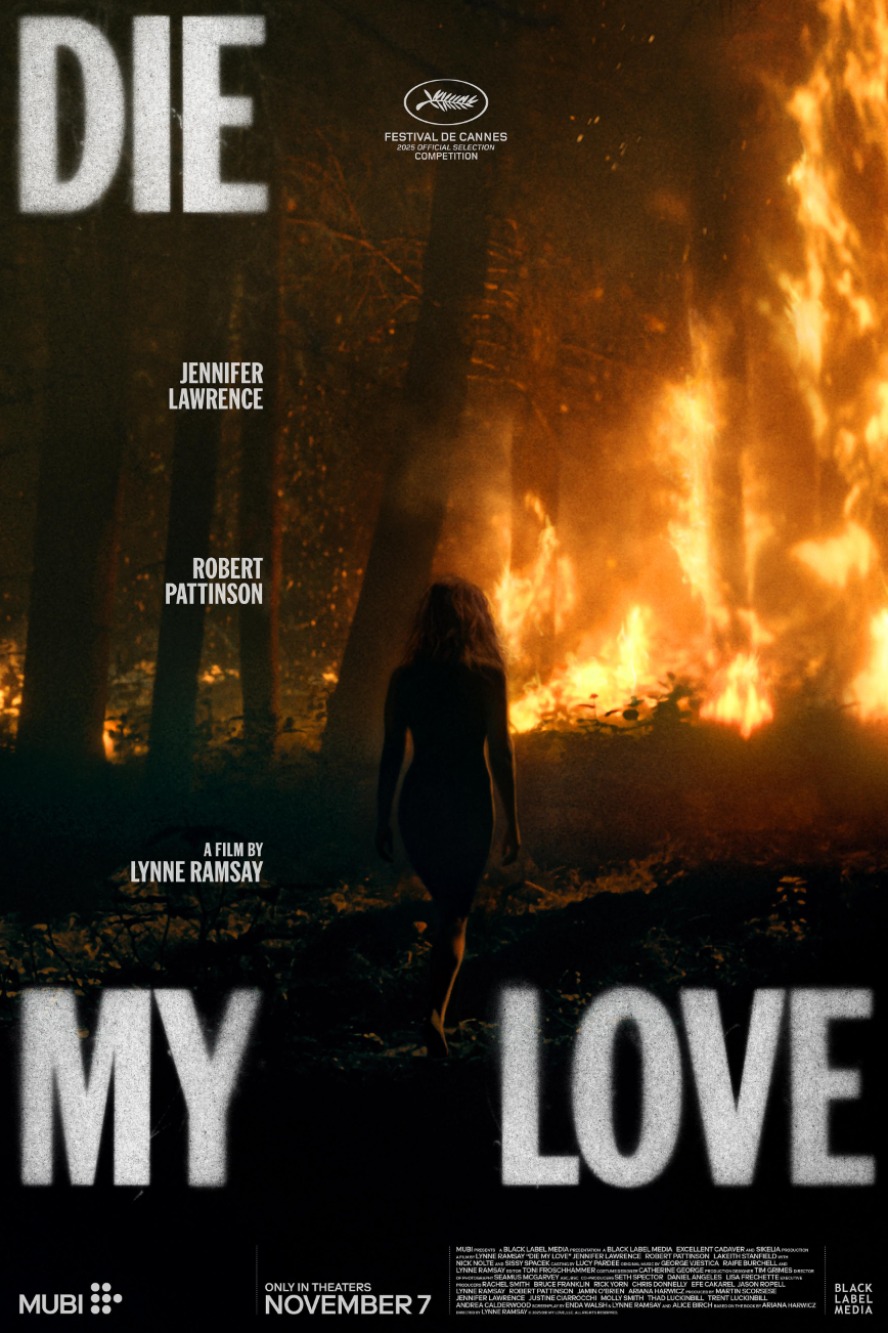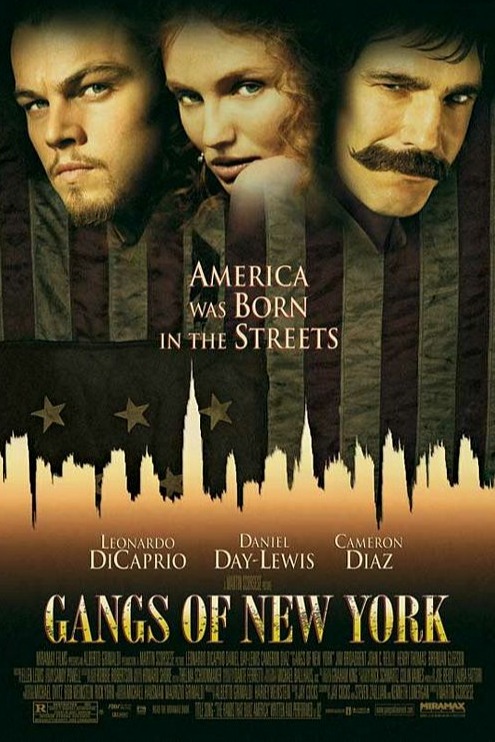
Personal info
Known for
Actor
Gender
Male
Birthday
17 November
Location
New York, United States
Edit pageMartin Scorsese
Biography
Martin Scorsese (born 1942) stands as one of the most celebrated and influential filmmakers in cinematic history. Renowned for his raw, visceral, and deeply personal explorations of guilt, redemption, urban alienation, and the darker facets of human nature, Scorsese's distinctive directorial style and profound body of work have left an indelible mark on generations of filmmakers and cinephiles.
Born on November 17, 1942, in Flushing, Queens, New York, and raised in the Little Italy neighborhood of Manhattan, Scorsese's upbringing in a tight-knit Italian-American, Catholic community profoundly influenced his artistic vision. As a sickly child with asthma, he often spent time indoors, finding solace and inspiration in cinema. His early aspirations included becoming a priest, a path that would later inform the strong themes of faith and morality often present in his films. He eventually pursued his passion for film, earning degrees from New York University's School of Film.
Scorsese emerged as a leading figure of the "New Hollywood" era in the 1970s, a period marked by auteur-driven cinema and a more gritty, realistic approach to storytelling. His early works quickly established his signature style:
- "Mean Streets" (1973): This raw and energetic film, set in Little Italy and starring his frequent collaborator Robert De Niro, marked a turning point in his career, showcasing his dynamic camera work and authentic dialogue.
- "Taxi Driver" (1976): A Palme d'Or winner at Cannes, this psychological drama starring De Niro as the disturbed Travis Bickle became an instant classic, lauded for its intense character study and unflinching look at urban decay.
- "Raging Bull" (1980): A black-and-white masterpiece about boxer Jake LaMotta, this film is widely considered one of the greatest films ever made, earning De Niro an Academy Award for Best Actor and Scorsese an Oscar nomination for Best Director.
Throughout his prolific career, Scorsese has consistently pushed cinematic boundaries, exploring diverse genres while maintaining his thematic consistency. His collaborations with actors like Robert De Niro (including "Goodfellas," "Casino," "Cape Fear," and "The Irishman") and later Leonardo DiCaprio (including "Gangs of New York," "The Aviator," "The Departed," and "Killers of the Flower Moon") have resulted in some of the most memorable performances and critically acclaimed films of the last several decades.
Key highlights and recurring elements of Scorsese's directorial style include:
- Dynamic Camera Movement and Editing: He is known for elaborate tracking shots, whip pans, and kinetic editing, often in collaboration with his long-time editor Thelma Schoonmaker, to create a sense of urgency and psychological intensity.
- Use of Popular Music: His soundtracks are famously vibrant, with carefully curated popular music often serving as a narrative device or emotional underscore.
- Voice-over Narration: Often used to provide intimate insights into the characters' inner thoughts and motivations, particularly in his crime dramas.
- Themes of Guilt, Redemption, and Violence: His films frequently grapple with characters navigating moral compromises, struggling with their faith, and facing the consequences of their violent choices.
- Exploration of Masculinity and Urban Life: Many of his narratives are set in the gritty underbelly of New York City, focusing on complex male characters driven by ambition, power, and often self-destruction.
Scorsese has received numerous accolades throughout his career, including:
- Academy Award for Best Director for "The Departed" (2006), after multiple nominations.
- Multiple Golden Globe Awards, BAFTA Awards, and Emmy Awards.
- Prestigious lifetime achievement honors such as the AFI Life Achievement Award, the DGA Lifetime Achievement Award, and the Kennedy Center Honors.
Beyond his filmmaking, Scorsese is a passionate advocate for film preservation and restoration. He founded The Film Foundation in 1990, a non-profit organization dedicated to protecting and restoring motion picture history, and has also been involved in initiatives like the World Cinema Foundation and the African Film Heritage Project.
Even in his later years, Scorsese remains a vibrant and essential voice in cinema, continuing to direct ambitious and critically acclaimed films like "The Irishman" (2019) and "Killers of the Flower Moon" (2023), proving his enduring relevance and mastery of the craft. His profound influence on cinema is undeniable, making him a true living legend.








